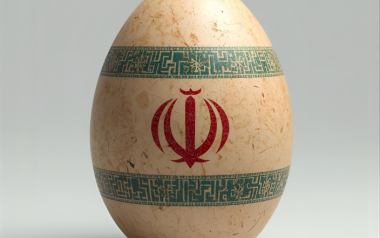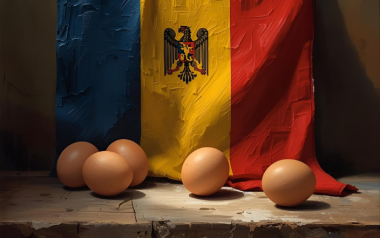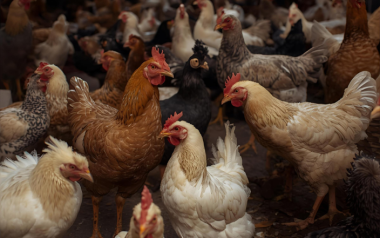Sources: Available upon request.
30 Jun 2024
Brazilian poultry exports decline by 1.4% in 2024
In 2024, Brazil, the world’s largest exporter of poultry, experienced a slight decline in its poultry exports. Despite a notable surge in May, the overall export volume fell by 1.4% compared to the previous year.
In 2024, Brazil, the world’s largest exporter of poultry, experienced a slight decline in its poultry exports. Despite a notable surge in May, the overall export volume fell by 1.4% compared to the previous year. This article delves into the factors contributing to this decline, the significance of the May surge, and the broader implications for Brazil’s poultry industry.
A year of mixed results
The year 2024 has been a rollercoaster for Brazil’s poultry export sector. The initial months saw a downward trend, with the first quarter recording a 7.2% decrease in export volume compared to the same period in 2023. This decline was attributed to several factors, including fluctuating global demand, increased competition from other poultry-exporting nations, and logistical challenges.
However, May brought a glimmer of hope. The month witnessed a significant uptick in exports, with volumes reaching levels not seen in recent years. This surge was driven by a combination of factors, including increased demand from key markets and successful marketing campaigns by Brazilian exporters.
Factors behind the decline
Several factors contributed to the overall decline in Brazil’s poultry exports in 2024:
- Global market dynamics: The global poultry market has been highly competitive, with countries like the United States and Thailand increasing their market share. This heightened competition has put pressure on Brazilian exporters to maintain their market position.
- Logistical challenges: The global supply chain has faced numerous disruptions, including shipping delays and increased transportation costs. These logistical challenges have impacted the efficiency of Brazil’s poultry export operations.
- Economic conditions: Economic instability in some of Brazil’s key export markets has led to reduced purchasing power and lower demand for imported poultry products. This has directly affected Brazil’s export volumes.
- Health concerns: The resurgence of avian influenza in certain regions has raised concerns about the safety of poultry products. Although Brazil has maintained strict biosecurity measures, the overall market sentiment has been cautious.
The May surge
May 2024 was a standout month for Brazil’s poultry exports. The surge in export volumes can be attributed to several key factors:
- Increased demand from key markets: Countries in the Middle East and Asia, particularly the United Arab Emirates and China, significantly increased their imports of Brazilian poultry. This was driven by seasonal demand and favorable trade agreements.
- Marketing efforts: Brazilian poultry exporters ramped up their marketing efforts, highlighting the quality and safety of their products. These campaigns were successful in reassuring buyers and boosting demand.
- Competitive pricing: Brazil’s poultry products were competitively priced, making them an attractive option for importers. This pricing strategy helped Brazilian exporters capture a larger share of the market during May.
Broader implications for the industry
The mixed results of 2024 have several implications for Brazil’s poultry industry:
- Need for diversification: The decline in exports highlights the need for Brazilian poultry exporters to diversify their markets. Relying heavily on a few key markets can make the industry vulnerable to economic and political fluctuations.
- Investment in infrastructure: Addressing logistical challenges requires significant investment in infrastructure. Improving transportation networks and streamlining export processes can enhance the efficiency of Brazil’s poultry export operations.
- Focus on biosecurity: Maintaining strict biosecurity measures is crucial to prevent outbreaks of diseases like avian influenza. Ensuring the health and safety of poultry products will be essential for sustaining export volumes.
- Innovation and value addition: To stay competitive, Brazilian poultry exporters need to focus on innovation and value addition. Developing new products and improving processing techniques can help capture new markets and increase profitability.
Conclusion
While 2024 has been a challenging year for Brazil’s poultry export sector, the surge in May provides a silver lining. The overall decline of 1.4% in export volumes underscores the need for strategic adjustments and investments in the industry. By diversifying markets, addressing logistical challenges, and maintaining high standards of biosecurity, Brazil can continue to be a global leader in poultry exports. The lessons learned in 2024 will undoubtedly shape the future strategies of Brazilian poultry exporters, ensuring resilience and growth in the years to come.









































